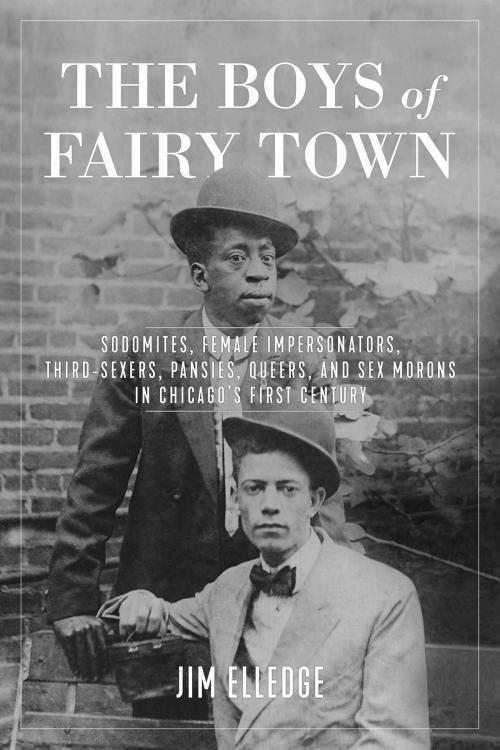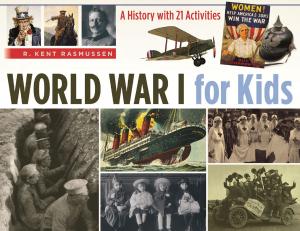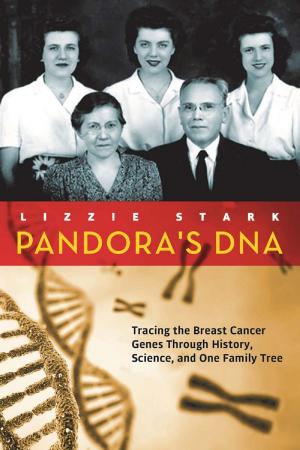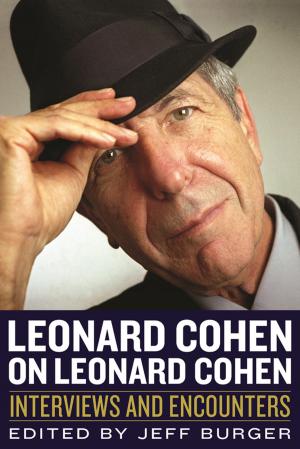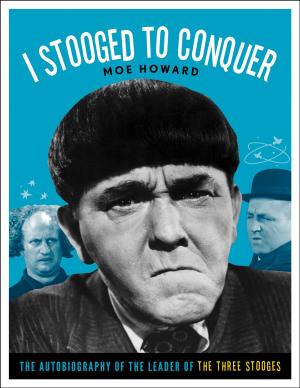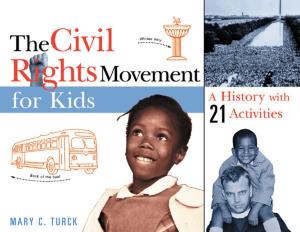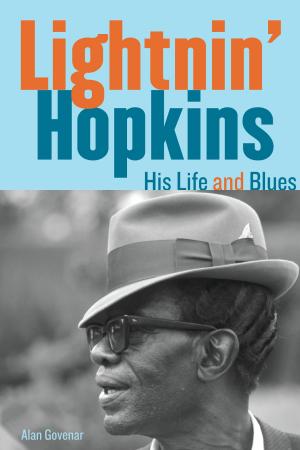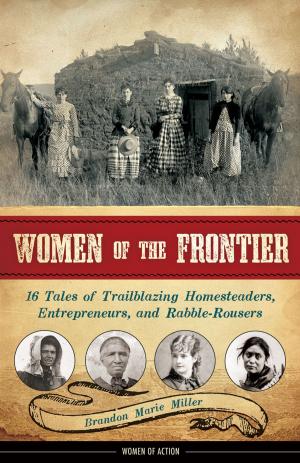The Boys of Fairy Town
Sodomites, Female Impersonators, Third-Sexers, Pansies, Queers, and Sex Morons in Chicago's First Century
Nonfiction, Social & Cultural Studies, Social Science, Gender Studies, History, Americas, United States| Author: | Jim Elledge | ISBN: | 9781613739389 |
| Publisher: | Chicago Review Press | Publication: | June 1, 2018 |
| Imprint: | Chicago Review Press | Language: | English |
| Author: | Jim Elledge |
| ISBN: | 9781613739389 |
| Publisher: | Chicago Review Press |
| Publication: | June 1, 2018 |
| Imprint: | Chicago Review Press |
| Language: | English |
A history of gay Chicago told through the stories of queer men who left a record of their sexual activities in the Second City, this book paints a vivid picture of the neighborhoods where they congregated while revealing their complex lives. Some, such as reporter John Wing, were public figures. Others, like Henry Gerber, who created the first "homophile" organization in the United States, were practically invisible to their contemporaries. But their stories are all riveting. Female impersonators and striptease artists Quincy de Lang and George Quinn were arrested and put on trial at the behest of a leader of Chicago's anti-"indecency" movement. African American ragtime pianist Tony Jackson's most famous song, "Pretty Baby," was written about one of his male lovers. Alfred Kinsey's explorations of the city's netherworld changed the future of American sexuality while confirming his own queer proclivities. What emerges from The Boys of Fairy Town is a complex portrait and a virtually unknown history of one of the most vibrant cities in the United States.
A history of gay Chicago told through the stories of queer men who left a record of their sexual activities in the Second City, this book paints a vivid picture of the neighborhoods where they congregated while revealing their complex lives. Some, such as reporter John Wing, were public figures. Others, like Henry Gerber, who created the first "homophile" organization in the United States, were practically invisible to their contemporaries. But their stories are all riveting. Female impersonators and striptease artists Quincy de Lang and George Quinn were arrested and put on trial at the behest of a leader of Chicago's anti-"indecency" movement. African American ragtime pianist Tony Jackson's most famous song, "Pretty Baby," was written about one of his male lovers. Alfred Kinsey's explorations of the city's netherworld changed the future of American sexuality while confirming his own queer proclivities. What emerges from The Boys of Fairy Town is a complex portrait and a virtually unknown history of one of the most vibrant cities in the United States.
